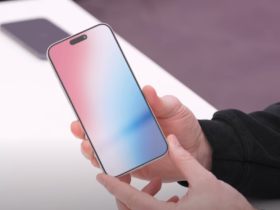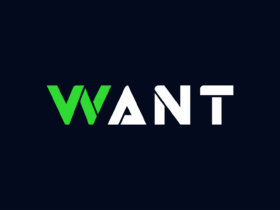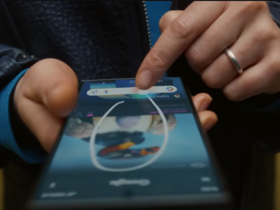The EU wants to introduce the new eIDAS 2.0 legislation, which may have major implications for your online privacy via Chrome, for example. It may make your VPN completely obsolete.
The eIDAS 2.0 is a revision of the first eIDAS law. It has everything to do with digital identity and changes the way web browsers such as Google Chrome, Safari and Edge handle security and website authentication. At the same time, there will also be a dedicated EU ID Wallet, an identification app for Europeans.
Although you might not expect it, the problem lies precisely in the first part: website authentication. Several organizations such as Firefox maker Mozilla and privacy advocates are therefore sounding the alarm about the EU’s plans, according to coverage by TechRadar. Even a VPN won’t work.
No encrypted connection in Google Chrome or any other browser by EU
For example, if you use Google Chrome on your smartphone, you’ll see a lock icon on the left side of the URL bar. That means the website is secured by an HTTPS connection, an encrypted connection between the browser and server.
A special certificate was created for that connection that ensures security. eIDAS 2.0 could potentially change that. It gives EU countries the ability to issue these trust certificates themselves, and browsers should not ignore them even if they find they are not in the right place.

What are certificates in, say, Google Chrome?
Certificates are a kind of seals on Internet messages. They confirm the authenticity of Web sites to your browser. Issued by trusted authorities, they protect against fraudulent sites, allowing safe browsing and also ensuring that your Internet traffic is not intercepted.
So because EU states are allowed to issue their own “fake” certificates, they can therefore intercept Internet traffic themselves, while appearing as if the connection is encrypted. So they act as an intermediary between your computer and the website, without Google Chrome being able to do anything about it.
A VPN seems completely useless
You may think that a VPN can help you with this, but that is so not the case. A VPN protects your network connection, but not the browser itself. Normally everything goes through your network connection, so that’s not a problem. But when the EU gets between the browser and your computer, it will be able to intercept all your website visits.
A surveillance regime worse than what China and Russia have.
So this is what EU countries will soon be able to do with ; ‘bad’ certificates. So now Chrome or Edge won’t open a connection if it’s not encrypted, but soon the browsers will not be allowed to do that, so countries will have free rein to just make it look like your connection is encrypted. They could do that and intercept traffic in the meantime.
To TechRadar, tech expert Harry Halpin, founder of Nym Technologies, tells the following: “These are all very dangerous things. I am amazed that such an idiotic rule was adopted by the EU.” He is therefore sounding the alarm: “A surveillance regime worse than what China and Russia have. I don’t think anyone with common sense would accept this.”

What is a VPN?
A VPN, or Virtual Private Network, creates a secure, encrypted connection between your device and the Internet. It masks your IP address and encrypts data, increasing privacy and security. It is also, of course, an ideal feature for watching Netflix content from other countries as a result.
Hope is not lost yet
Yet not everyone is as negative as Halpin. The European Commission is waving away the concerns. So far it has only agreed to a preliminary text, so the law has not yet been approved.
The people behind Opera, a competitor to Google Chrome, are actually more positive. While they do not think the new law will make Internet traffic more secure, they do believe another version of the law will be passed by the EU.
What the final version of the law will look like will not be known until the end of March. This is because all open processes must be completed before the European elections.































